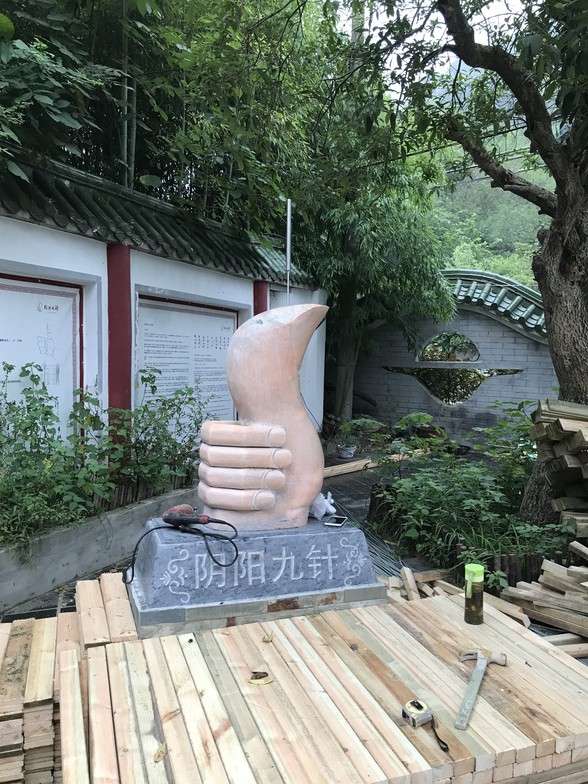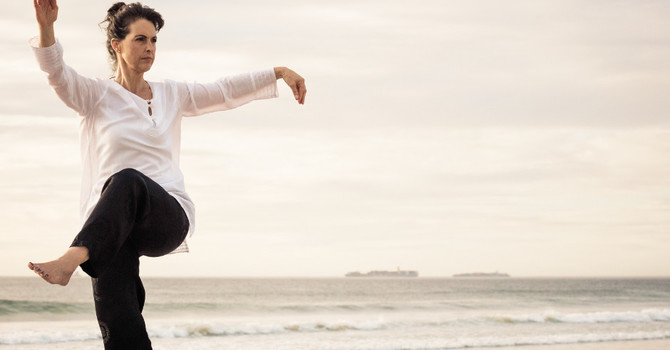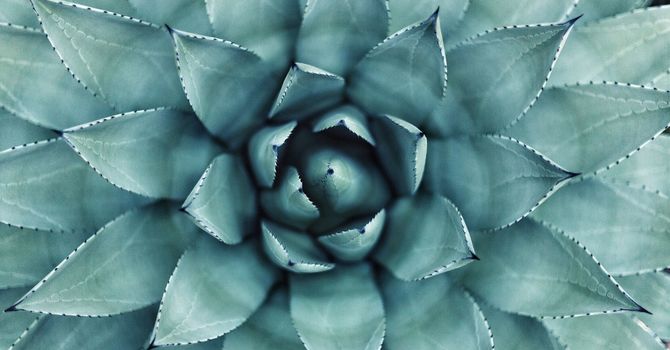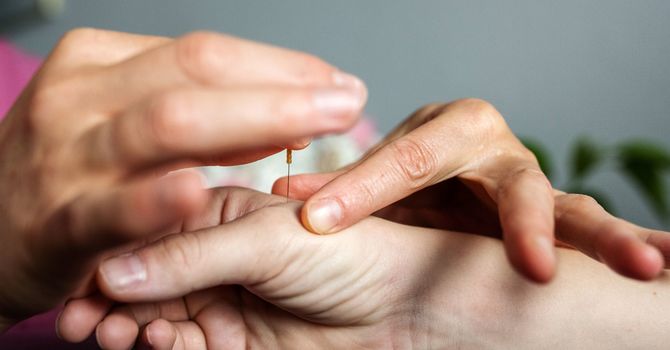
I get an email about once a week from current patients looking for an acupuncturist in another city or country, because they have experienced so much benefit from acupuncture themselves, and they would like to share this experience with a relative or friend who is far away. I don’t always have a connection in that town, but I like to give folks certain guidelines on researching different options. Most people don’t realize that there is a vast spectrum of training levels an acupuncturist can have and still be licensed. Of course, requirements vary from state to state.
Acupuncture vs Dry Needling
Another question I am often asked is about dry needling. This is usually done by a PT, DO, chiropractor, or MD. They use acupuncture needles to stimulate the area of pain, thus “putting the needles where it hurts.” The difference between that and how I practice acupuncture, is that I am treating why it hurts, not where it hurts. Chinese medicine is based in treating the root cause, and therefore, is much more complex. It is important to ask the MD, DO, PT, or chiropractor how much training they have received in acupuncture. In most states, an MD requires zero training to practice dry needling, and chiropractors are often only trained for a weekend or two. In my opinion, it is always best to get acupuncture from an acupuncturist.
Education
Some states do not require any formal education at all, accepting a few years of apprenticeship with a currently licensed acupuncturist as an alternative. Many other acupuncturists receive training from schools that do not require a previous bachelor’s degree, but the recipient might be given a “Master’s Degree”. These programs range from 18 months to 2.5 years. Other institutions require not only a bachelor’s degree, but also have pre-requisites in chemistry, physics, and biomedicine. These programs are much longer and more extensive, ranging from 3-6 years, and can result in a Master’s or Doctorate degree. If a background in biomedicine is important to you, this is the kind of education to look for.
Training in China? Having spent months training in China, I can tell you that it was absolutely fascinating. It really opened my eyes to the myriad of styles still being practiced there. I stayed at a clinic where the doctor’s specialty was thumb acupuncture! Meaning, most of his needles were placed in the patient’s thumbs! I did also learn a great deal about herbalism, Daosim, and meditation. If someone has trained in China, I would say that it is more a sign of their total commitment to and love of the medicine. A bonus, indeed. But not mandatory!
There are many fine acupuncturists without extensive formal training or study abroad. I just want to make note of the vast array of training an acupuncturist can have. It is bewildering, but it is likely heading in a direction where acupuncturists will all be trained at the doctorate level eventually.

Ursa Shapla
Contact Me



